Resisting Regimes examines how colonial and princely regimes and the Tablighi Jama’at have been perceived, responded to and resisted by a subject group called the Meos, a community largely based in India and Pakistan. Meo myth and memory counter the statist enunciation of truth and history and denial of identity. The group located historically between Hinduism and Islam also challenges the theoretical terrain based on the binary categories, ‘Hindu’ and ‘Muslim’, and suggests instead an alternative conception of identity characterized by liminality and fluidity until the tragic denouement culminating in partition, the abduction of women, and the exodus of a large number of Meos to Pakistan.
This paperback edition reviews the reshaping of Meo identity that takes place in a world defined by popular nationalism, ritual sovereignty, contests between Hinduizing and Islamizing religious organizations, and genocidal violence. The new introduction examines fresh theoretical issues and the predicament of the Pakistani Meos.
Contents: Introduction to the revised edition: Postcolonial futures-Mewatis in India and Pakistan. 1. Introduction. 2. The Meos of Mewat. 3. The Institution of the modern state: the princely states of Alwar and Bharatpur. 4. Constructions of the Meo movement: the written record. 5. Contested history and cultural reproduction: myth and memory of resistance. 6. Partition and violence in Mewat: rites of territorial and political passage. 7. The Tablighi Jama‘at: the making of a transnational religious regime on the ‘Jahil Mewatis’. 8. Myth and ritual: the cultural construction of contemporary Meo identity and community. Conclusion. Glossary. Index.

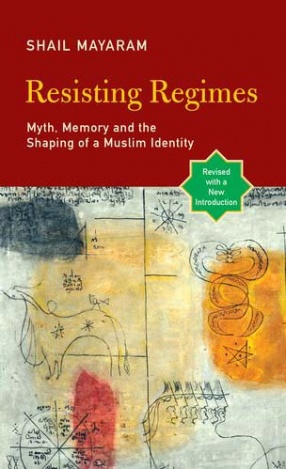
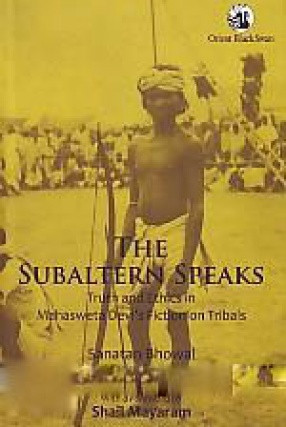
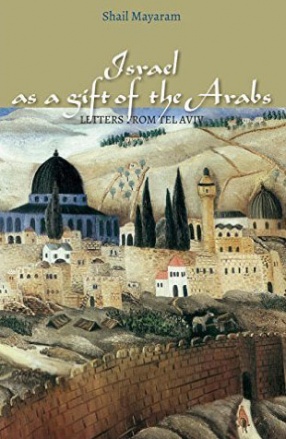
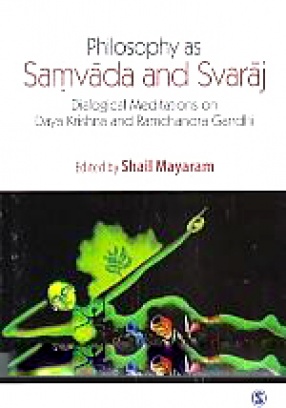
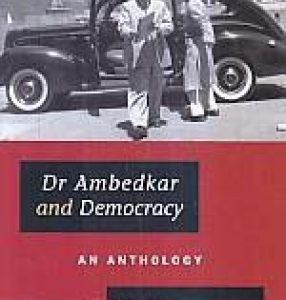
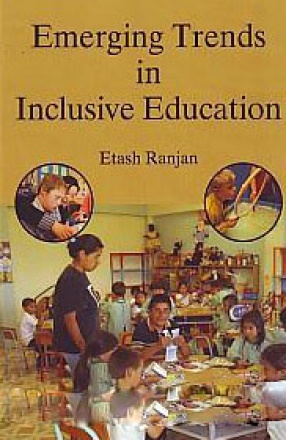
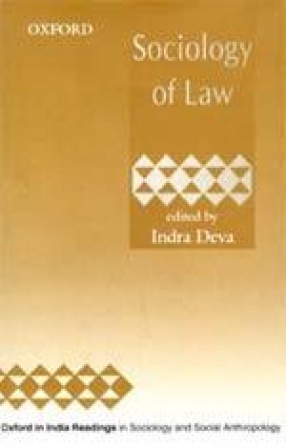
There are no reviews yet.